

Elevate the skillset of your aircraft technicians with advanced maintenance training on the Pilatus PC-12 business aircraft.
With applied training techniques, interactive classroom discussions and total training flexibility, your staff will be equipped to support a typical through-flight maintenance and inspection schedule in accordance with the Pilatus Aircraft Maintenance Manual.
Choose or request a course from a list of available and certified courses in your region.
Course Description
Our Maintenance Systems maintenance training course covers all applicable ATA chapters, addressing aircraft systems’ theory, operation, inspection, and servicing. The course examines LRU troubleshooting from a theoretical and practical perspective.
Hands-on sessions can be conducted on available aircraft to acquire an applied understanding of aircraft systems, and to participate in effective maintenance practices.
This comprehensive class is the ideal way to introduce technicians to transitions within the fleet.
Objectives
The Maintenance Systems course furnishes the experienced technician with sufficient information to carry out the required maintenance, repair, and troubleshooting necessary to certify the continued airworthiness of the aircraft’s mechanical and avionics systems.
Course Description
The REALcase concept utilizes fleet operational data/information that is acquired from the manufacturer and/or operators, spanning the 12 to 18-month period preceding the course. Information relevant to the operation, maintenance and troubleshooting of the aircraft, is presented during the course for review, analysis, and discussion. Emphasis is placed on applicable maintenance considerations, manufacturer recommendations, troubleshooting and dispatch decisions.
Objectives
Course Description
The Line maintenance course is a condensed session enabling technicians to understand aircraft systems and servicing with an emphasis on practical experience to build aircraft maintenance skills. This training differs from the traditional Maintenance Initial in that it is designed to be a more focused curriculum for technicians that may already have initial exposure and/or experience on the particular aircraft.
Moderate troubleshooting is stressed and reinforced with actual hands-on sessions on available aircraft. Active student participation provides a better understanding of aircraft systems and effective maintenance practices. For operations with technician scheduling and cost limitations, this option creates a highly productive solution.
Objectives
After completion of this Line Maintenance course, the student should be able to:
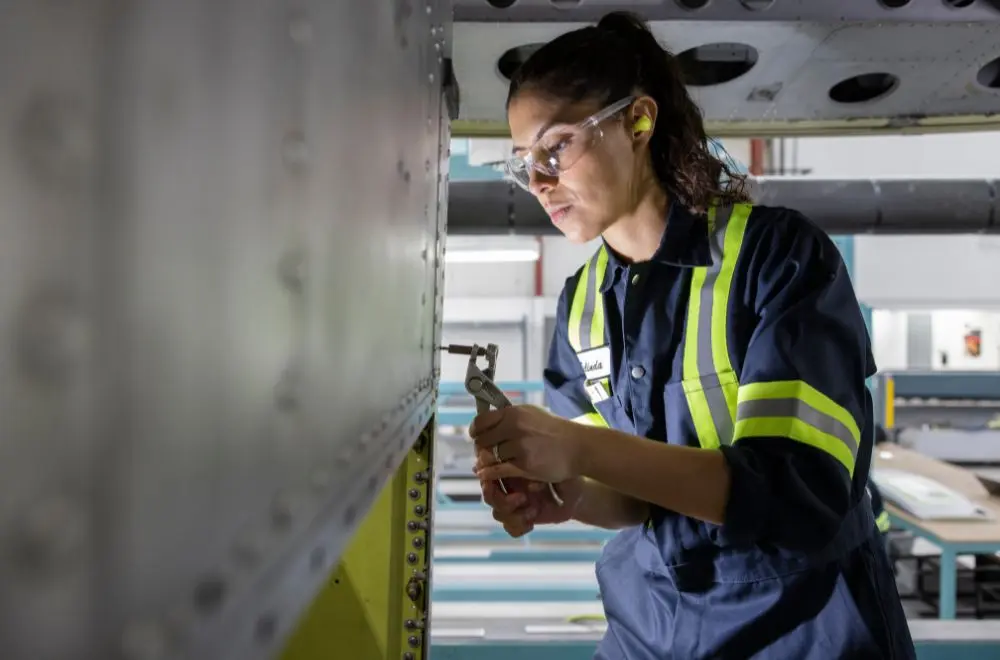
For technicians new to your fleet, this program is customized to your organization and offers both competency- and theory-based training to onboard and equip new technicians with the skills to succeed.
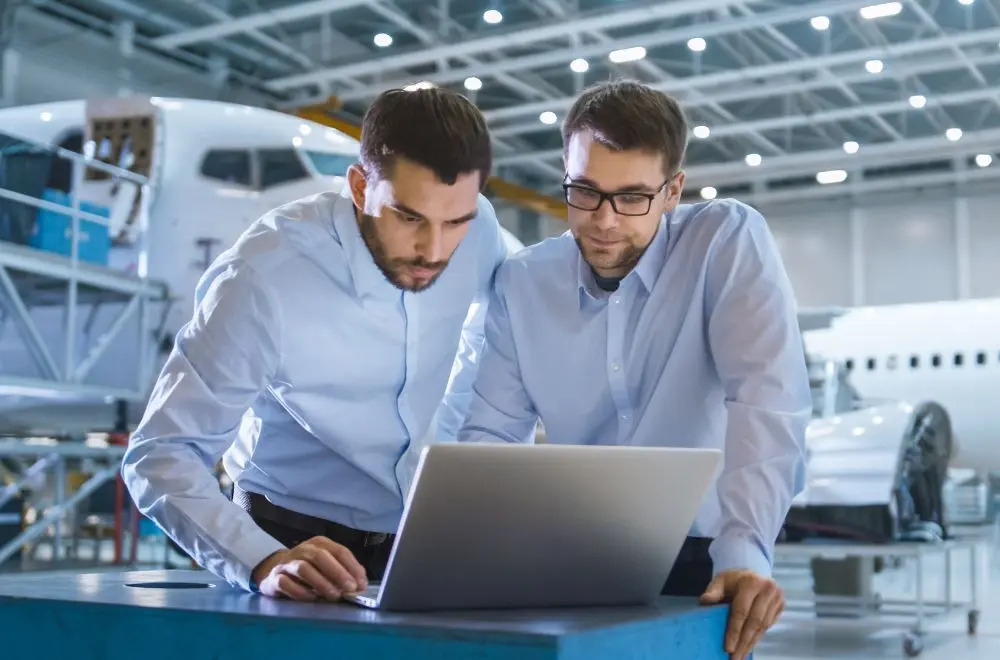
For technicians looking to perform better and prepare for positions of greater responsibility, this program includes leadership, management and communications courses.
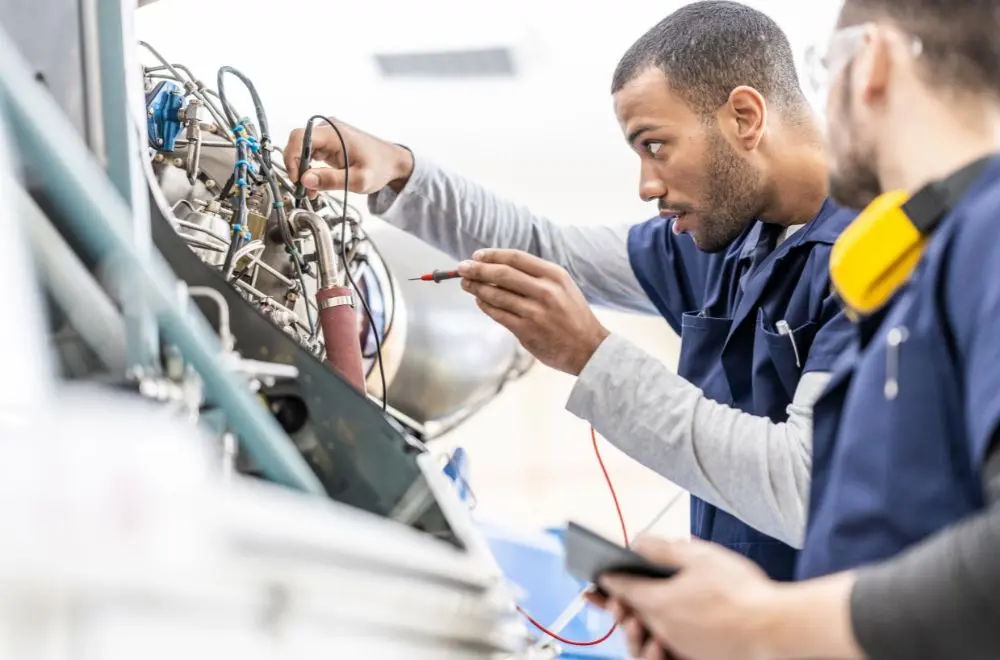
From Avionics Essentials to Practical Aircraft Wiring, our specialty programs offer broad application, preparing technicians to keep the fleet ready to travel.
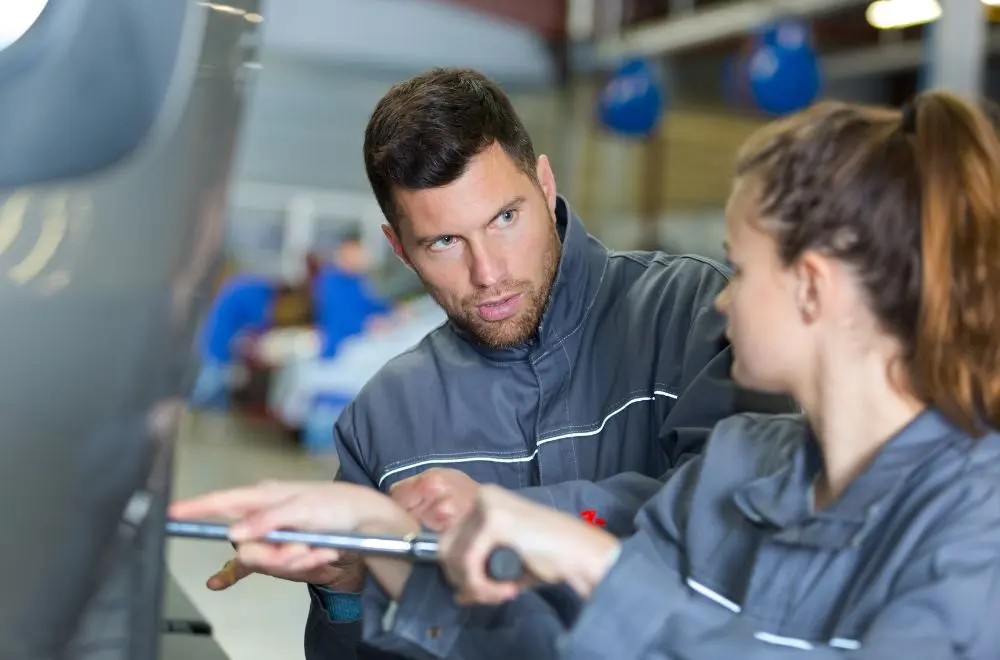
For technicians who demonstrate advanced levels of proficiency and expertise, this program is designed to further elevate their theoretical and practical skills, while keeping their certifications up to date.
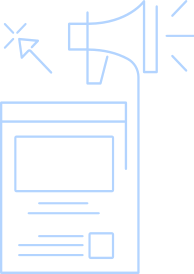
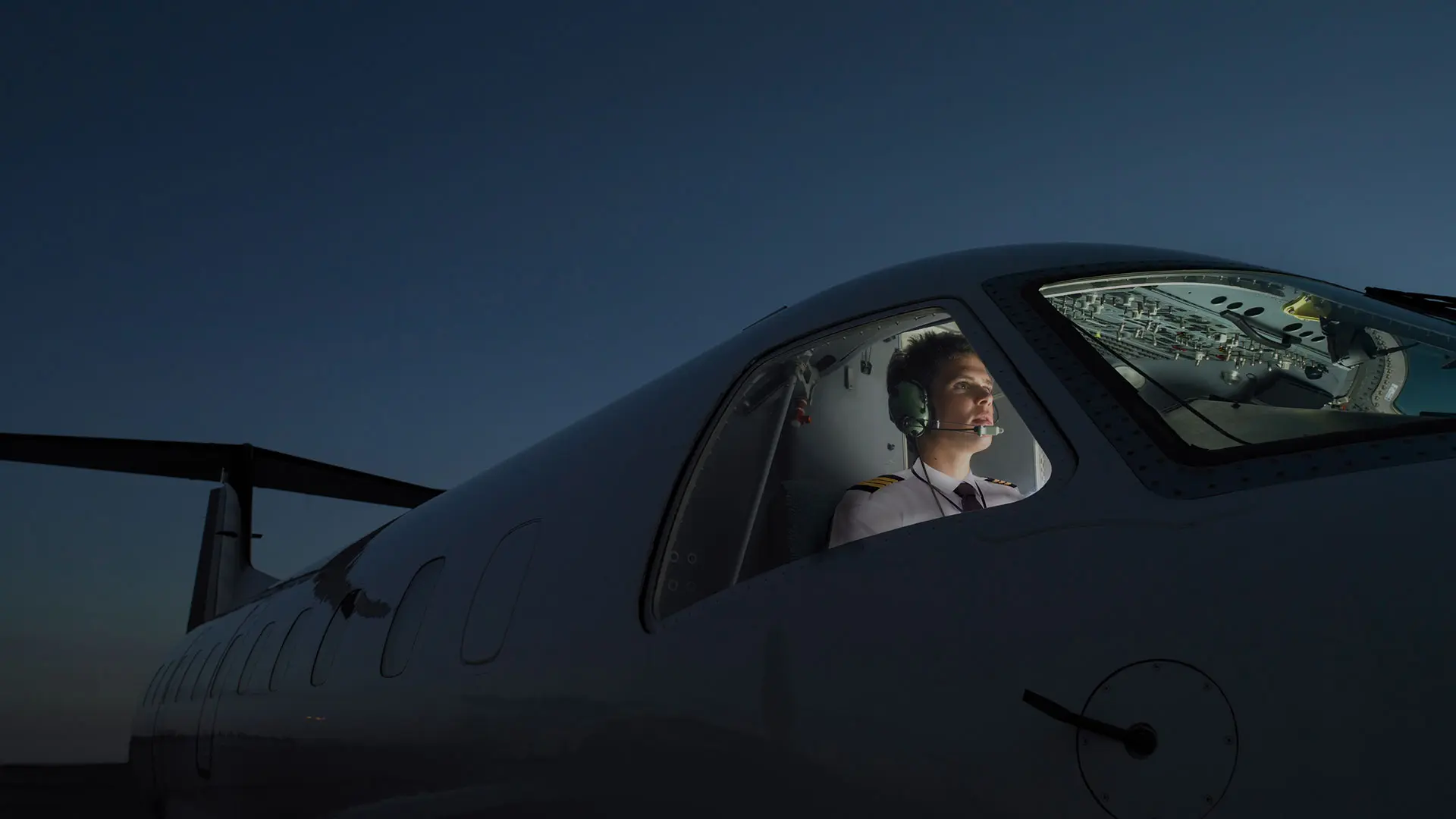
At CAE, we enhance your team’s performance and the safety of your operation. Through our immersive training solutions and experiences, we help your team build the necessary skills to take safer actions and make better decisions—faster.
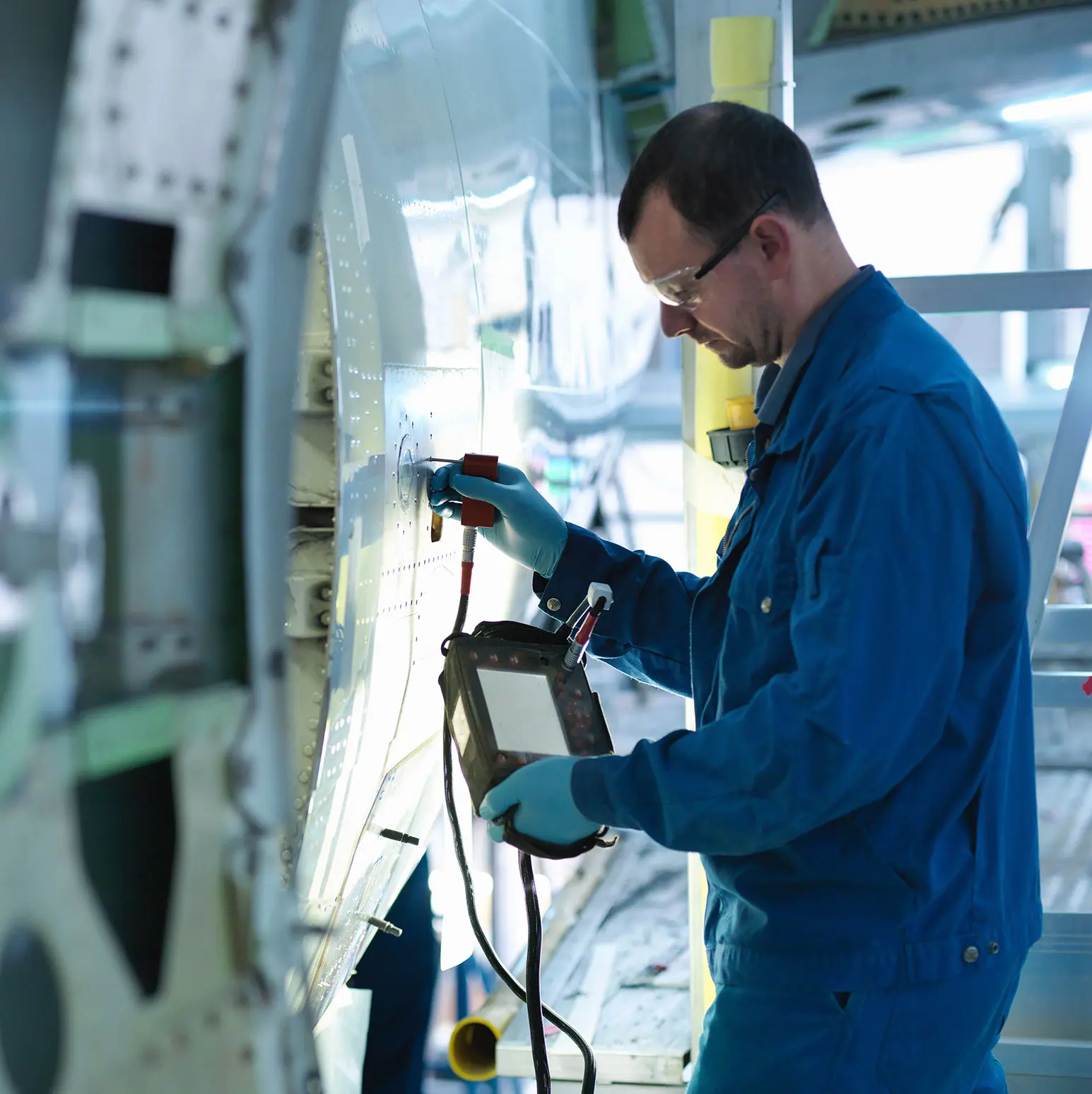
Proper aircraft maintenance is vital to ensure the safety of air travel and you can look to us for flexible, relevant, and leading-edge commercial aircraft maintenance training solutions.
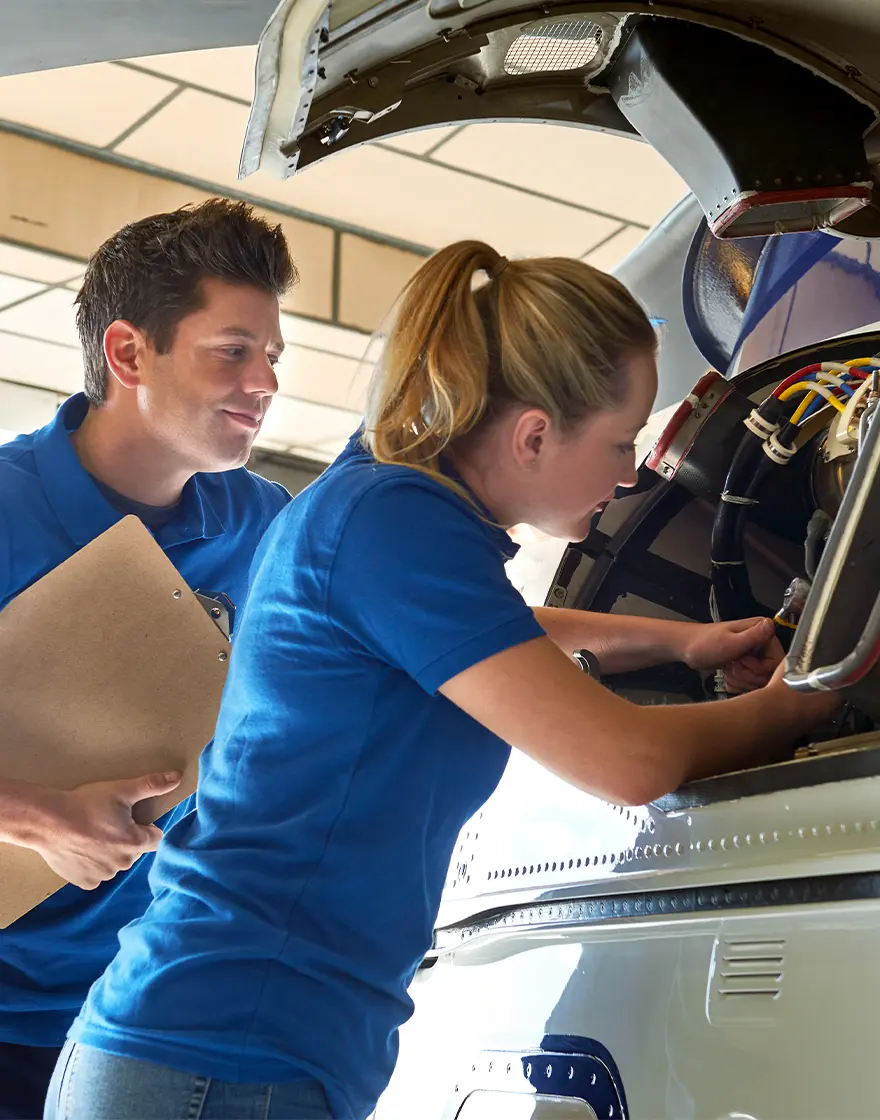
Proper helicopter aircraft maintenance is vital to ensure the safety of air travel and you can look to us for flexible, relevant, and leading-edge helicopter maintenance training solutions.
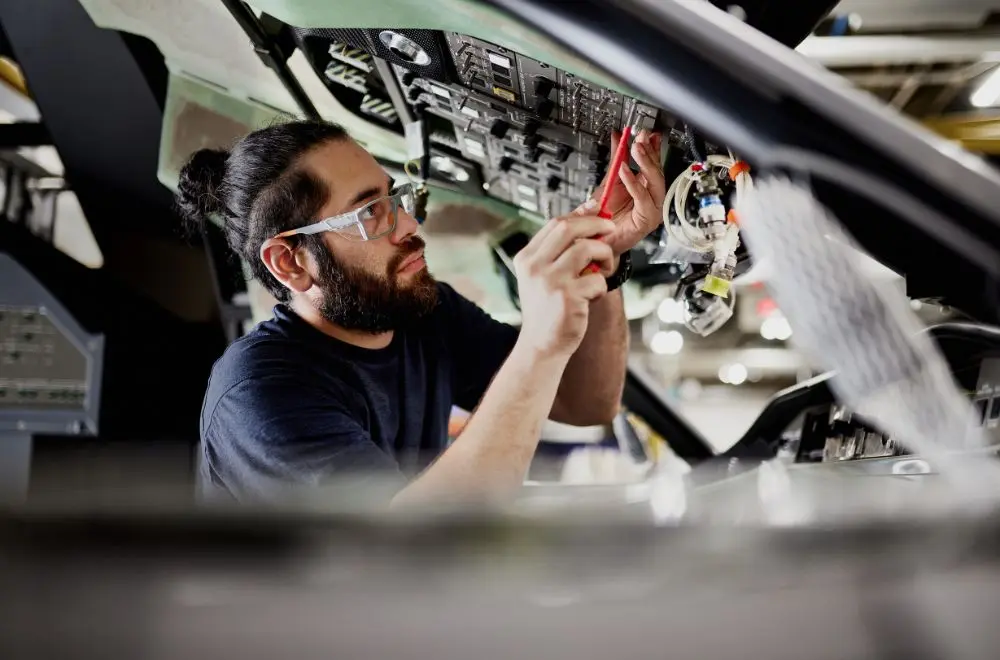
We have opportunities within aircraft maintenance ranging from senior level Line Maintenance Managers and Station Managers, to B1 and B2 Licensed Engineers, Aircraft and Avionics Mechanics and Sheet Metal Workers.